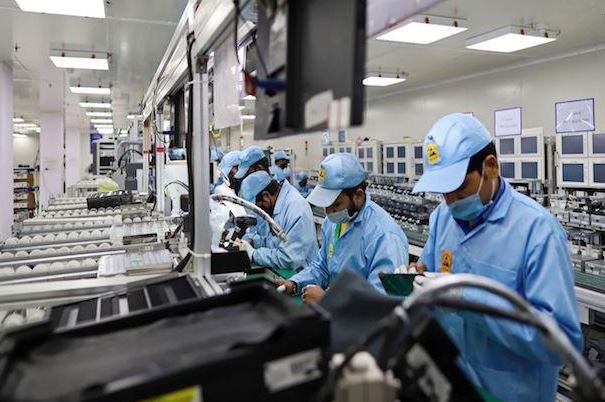Jammu and Kashmir today stands at a delicate yet promising crossroads in its economic journey, a moment where hope and pragmatism intertwine to chart a new course for growth. The region, long shaped by its breathtaking beauty and turbulent past, is gradually redefining its economic identity through focused policy reforms, renewed investor outreach, and an emphasis on human potential. What was once viewed as a fragile economy is now being reimagined as a landscape of opportunity, where public purpose and private enterprise can converge to create lasting progress.
The renewed emphasis on economic resilience reflects a quiet but profound shift in thinking. The idea is no longer confined to recovery but rooted in regeneration, in building institutions that are efficient, transparent, and inclusive. The growing dialogue between government agencies, export bodies, and industrial organizations reflects an intent to foster trust and collaboration rather than dependency. It is an acknowledgment that real development begins not with grand declarations but with consistency, accountability, and a shared vision for sustainable prosperity. For decades, the challenge before Jammu and Kashmir has not been one of potential but of stability and continuity. The region boasts abundant natural resources, a skilled workforce, and an unparalleled cultural and artisanal heritage. Yet these strengths were often overshadowed by uncertainty and limited infrastructure. Today, the approach appears more grounded, focused on removing barriers, modernizing facilities, and creating a business environment where ideas can flourish. The recognition that infrastructure is not merely physical but psychological, that smooth roads, steady power, and reliable digital connectivity can inspire confidence, marks a mature understanding of what investors truly seek. Equally significant is the growing realization that the region’s youth represent its most powerful resource. With one of the youngest populations in the country, Jammu and Kashmir holds immense potential for entrepreneurship, innovation, and knowledge-driven industries. The integration of skill development with employment opportunities, especially in small and medium enterprises, can open new avenues of livelihood while reducing dependence on government jobs. Encouraging start-ups, creative ventures, and high-value manufacturing can gradually reshape the economic map of the Union Territory. However, infrastructure and investment can only thrive in an atmosphere of trust. Confidence is the invisible currency of progress, and rebuilding it in Jammu and Kashmir is as vital as any physical project. Policy predictability, administrative efficiency, and responsive governance will be key to nurturing this confidence. The region’s economic transformation depends not merely on incentives but on an authentic partnership, one where investors, local entrepreneurs, and government institutions stand aligned in purpose. When businesses feel that their efforts are valued and protected, investment becomes not an act of risk but an act of faith. The revival of manufacturing in the region carries both economic and emotional significance. Before the turmoil of the late 1980s, Jammu and Kashmir had begun to emerge as a small hub for high-tech industries. Reviving this legacy now requires innovation, technology infusion, and strong market linkages. Traditional sectors such as handicrafts, horticulture, and agriculture, integral to the region’s identity, can be rejuvenated through digital platforms, export branding, and modern packaging. When tradition meets technology, a unique model of development emerges, one that is rooted in local culture yet attuned to global demand. Amid all this, what remains crucial is the balance between ambition and realism, growth and inclusion, and policy and practice. Economic progress must be broad-based, reaching artisans, small traders, farmers, and the self-employed, who form the true backbone of the economy. Infrastructure projects must translate into employment, education must lead to empowerment, and investment must result in shared prosperity. A development model that uplifts the many rather than enriching the few is what will define Jammu and Kashmir’s success in the years ahead. The economic reawakening of Jammu and Kashmir is, at its core, a story of reclamation of trust, opportunity, and identity. It is about transforming fragility into strength and uncertainty into direction. With pragmatic planning, transparent governance, and collaborative energy, Jammu and Kashmir can emerge not just as a participant in India’s economic growth story but as a model of resilience and renewal. The task ahead is not merely to build roads and factories, but to rebuild confidence, brick by brick, policy by policy, partnership by partnership.
The Jammu and Kashmir government must envision industrial growth not merely as an economic agenda but as a transformative mission rooted in trust, innovation, and equity. Strengthening manufacturing, fostering entrepreneurship, and aligning policy with people’s aspirations will create a self-sustaining ecosystem where opportunity, stability, and dignity redefine J&K’s path toward enduring prosperity.




